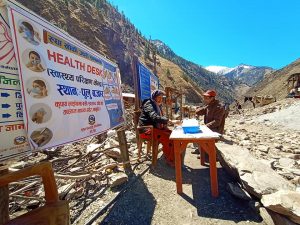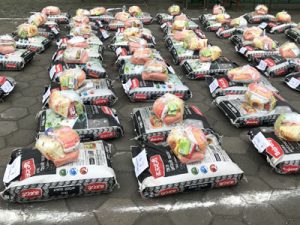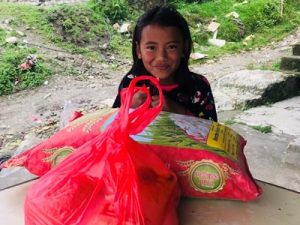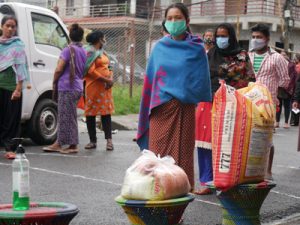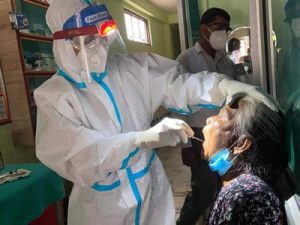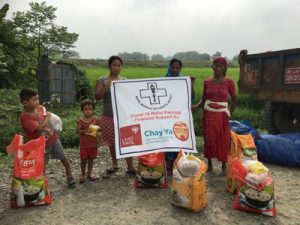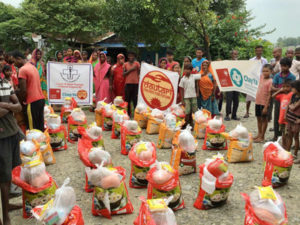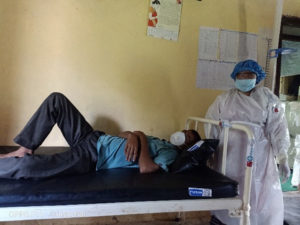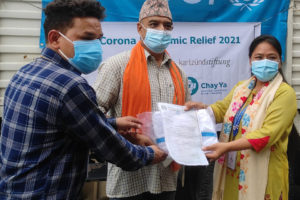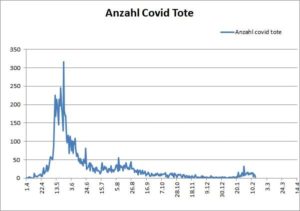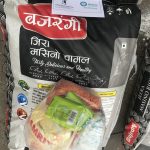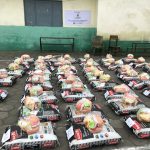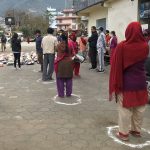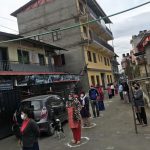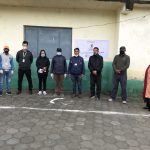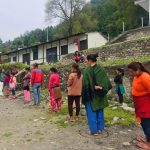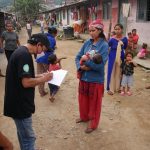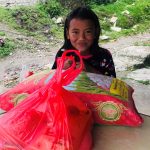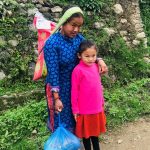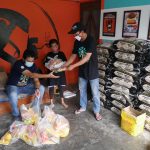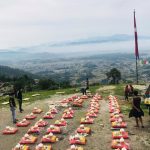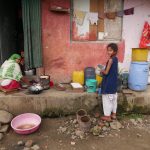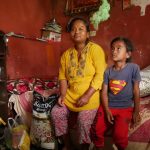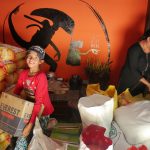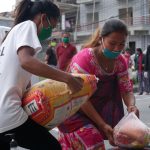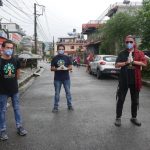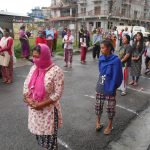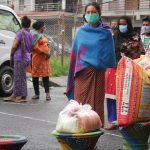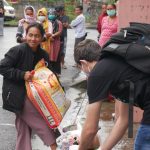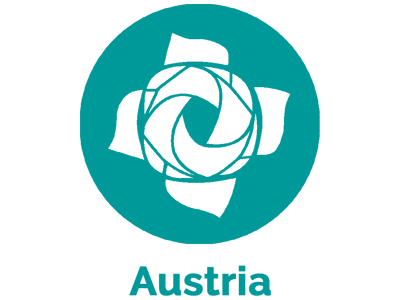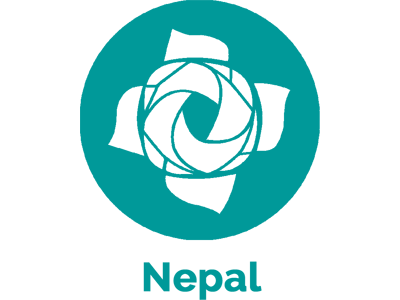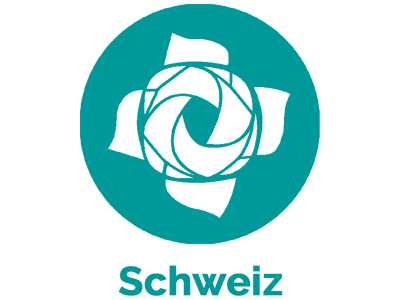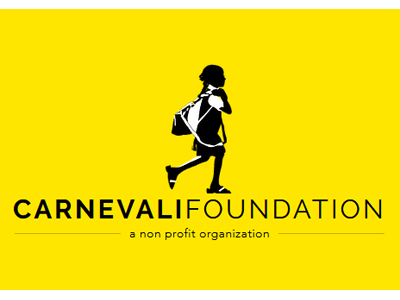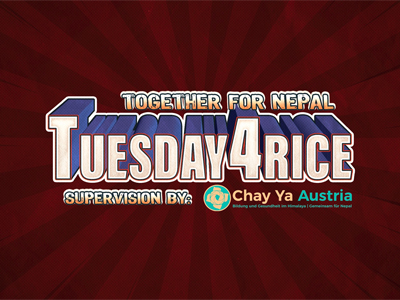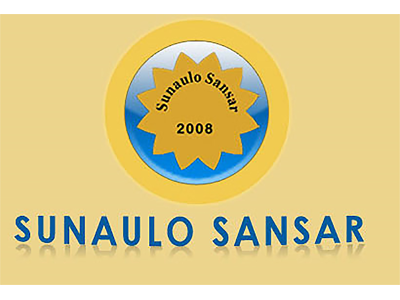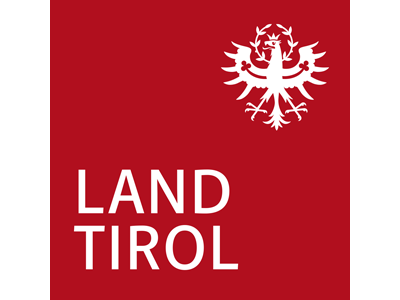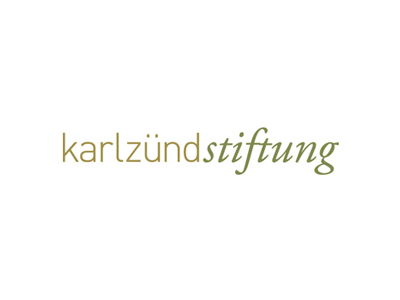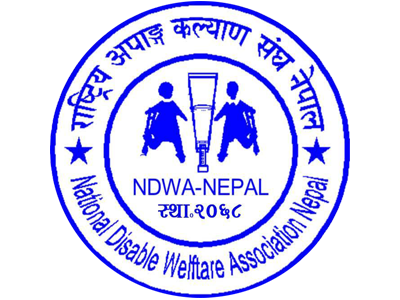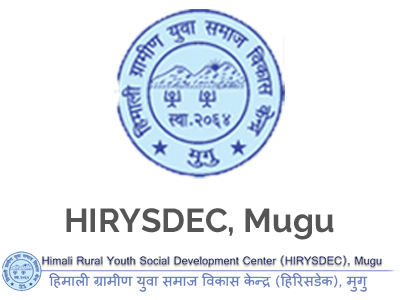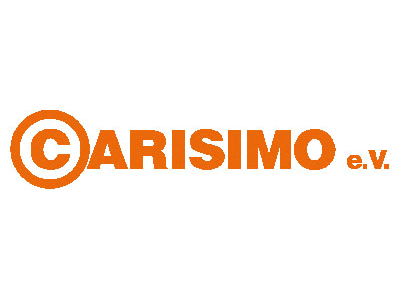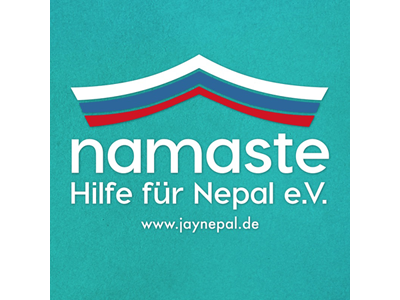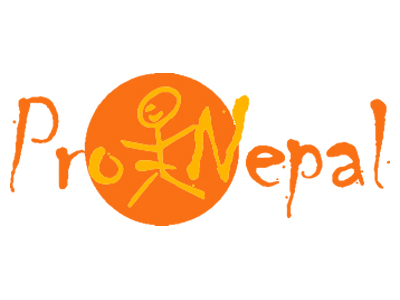COVID-19 RELIEF

Place
All seven provinces of Nepal

Who
Implementation:
Chay Ya Nepal and local partners:
UNICEF,
NDWA Nepal,
HIRYSDEC,
Needs Nepal,
Beautiful Nepal Association,
Seto Gurans Nepal,
Nepal Scout,
Gandaki Hospital

Partners
Chay Ya International,
private donors,
Carnevali Foundation,
Tuesday4Rice,
Dautari,
Sunaulo Sansar,
Land Vorarlberg,
Land Tirol,
Karl-Zünd-Stiftung,
Carisimo e.V.,
Namaste e.V.,
Pro Nepal,
Entwicklungshilfeklub,
Roots For Life

When
2020 - 2021

For
2020:
i.e. appr. 12,500 people, 18 Quarantine stations
2021:
i.e. appr. 10,000 people, 10 bigger Quarantine stations

Status
Completed
Project
The year 2020 will be marked by the worldwide spread of the new SARS-CoV-2 virus and the subsequent severe lung disease COVID-19. What originated in China at the turn of 2019/20 spread from Asia to Europe, then to North and South America, Africa, the Arab world and back to the South Asian countries. Already on 11 March 2020 the WHO declared the previous epidemic a pandemic.
In order to prevent or at least slow down the further spread of the virus, massive cuts in daily life were made in the course of the pandemic in a wide variety of countries. Also in central European countries there were tens of thousands of infected people and thousands of deaths and of course, the economic consequences are still felt here, but the support provided by the welfare state (e.g. the possibility of short-time work) alleviates some individual fates.
Unfortunately, such possibilities do not exist in countries of the global South.
The situation in Nepal
On March 24, 2020 the Nepalese government introduced a nationwide, absolute curfew – the so-called lockdown – for fear of a further spread of the coronavirus which lasted until July 21, 2020.
People were only allowed to leave their homes from 6°° to 8°° in the morning to buy food. Anyone who violated these rules without good reason (e.g. a visit to the doctor) was prosecuted and punished by the police – even physical violence was used frequently.
Day labourers have been robbed of their income, hunger and poverty spread throughout the country. People were not allowed to go to their fields to bring in the harvest. Tourism, an important source of income, came to a complete standstill – the government suspended all regular international scheduled flights.
The official numbers of infections and victims is not very high, but in a country with very limited health care and testing facilities and many very remote areas, a very high number of unreported cases must be expected.
As early as the end of March, Chay Ya tried in a self-organised campaign to obtain protective equipment for health personnel so that at least those who care for the sick could stay healthy themselves. It was possible to buy material, but bureaucratic hurdles delayed the transport from China to Nepal by 7 weeks.
In the meantime, Chay Ya tried again to help the poor directly: In different places, volunteers started to distribute food packages to those in need.
(from: “Our World in Data – Covid-19 Data Explorer” )
The latest information on the pandemic in Nepal can be found under the following links:
- On the website of the Ministry of Health and Population – Nepal there are daily updated figures summarized – also as PDF for download.
- These data also serve as a basis for the daily update on the very detailed English Wikipedia page on the COVID pandemic in Nepal.
- In addition, there are of course still the latest figures on the site of Johns Hopkins University.
- The exact trend of infection figures can be found at Our World in Data.
- Daily reports can be read in the major newspapers of Nepal:
In order to help as many people in acute need as possible, we continue to ask for your support.
100% of your donation goes directly to Nepal!


